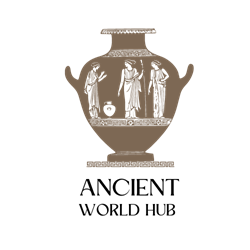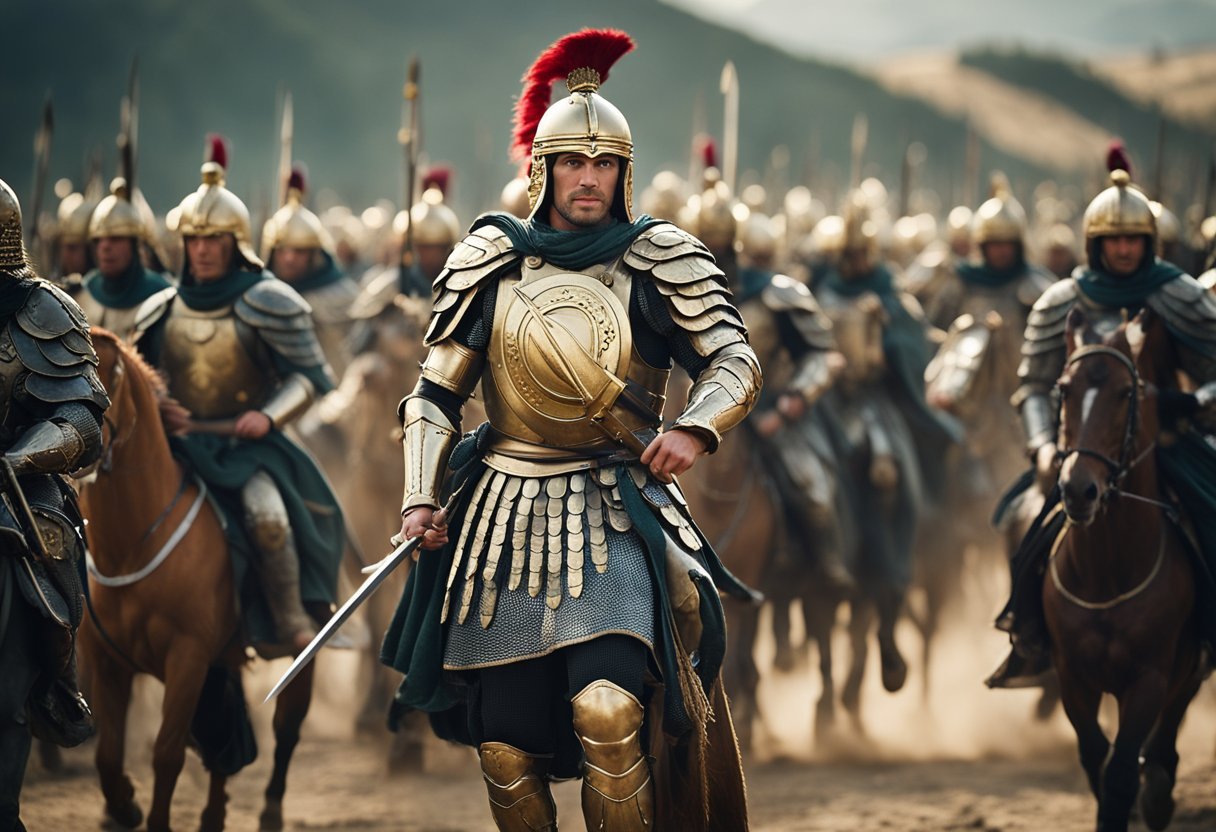Alexander the Great, born in 356 BCE, ascended to the throne of Macedonia at the young age of 20 after the assassination of his father, King Philip II. He soon proved his military genius by conquering the Persian Empire, one of the largest empires of the ancient world, expanding his rule from Greece all the way to India. This monumental achievement earned him the title of one of history’s greatest military minds.
Alexander’s ambitions didn’t stop at mere expansion; he sought to meld cultures and forge a unified empire. His efforts in spreading Greek culture and ideas laid the groundwork for the Hellenistic world, influencing the regions he conquered for centuries to come. By establishing cities and promoting learning, he left a lasting legacy that continued to shape civilizations.
The allure of Alexander’s story isn’t just in his conquests; it’s in the blend of myth and reality that surrounds his life. From legendary tales of taming the horse Bucephalus to the mysterious circumstances of his death in 323 BCE, his life is filled with captivating episodes that draw readers into his extraordinary journey.
Rise to Power

Alexander the Great’s journey to becoming one of history’s most renowned military leaders began in his early life. His rise to power involved consolidating the kingdom his father transformed and the significant influence of his mentor, Aristotle. Let’s take a closer look.
Early Life and Accession
Alexander was born in 356 BCE in Pella, Macedonia, to King Philip II and Queen Olympias. Philip II was a powerful ruler who expanded the Macedonian kingdom and reformed its army.
From a young age, Alexander showed signs of greatness. He tamed a horse named Bucephalus that no one else could handle. By the age of 20, when his father was assassinated, Alexander was prepared to take the throne.
Consolidation of the Macedonian Kingdom
After gaining the throne in 336 BCE, Alexander faced immediate challenges. Various factions in Macedonia and rebellious regions threatened his reign. Swiftly and decisively, he dealt with internal dissensions and secured his authority.
He executed potential rivals and quelled uprisings with a combination of diplomatic and military actions. Alexander ensured loyalty from the Macedonian nobility and the military through strong leadership and strategic marriages.
Influence of Aristotle
Alexander’s education played a crucial role in shaping his strategies and worldview. He was tutored by Aristotle, one of the greatest philosophers of the time. Aristotle taught him subjects ranging from philosophy to science, fostering a love for knowledge.
This education influenced his approach to governance and his respect for various cultures. Alexander’s appreciation for learning and cultural integration was evident when he spread Greek culture across his empire while honoring local traditions.
Alexander’s rise to power is a testament to his strategic mind and charismatic leadership, setting the stage for his future conquests.
Conquests and Empire Building

Alexander the Great expanded his empire through strategic military campaigns and diplomacy. His conquests stretched from Greece to the edges of India, shaping the Hellenistic world.
Campaign Against the Persian Empire
Alexander targeted the Persian Empire as a major rival to Macedonian power. In 334 BCE, he crossed the Hellespont into Asia and achieved his first significant victory at the Battle of Granicus.
He then went on to win the decisive Battle of Issus in 333 BCE, defeating Persian King Darius III. His campaign included the famous siege of Tyre and the capture of the Persian capitals of Susa and Persepolis. By 331 BCE, after the Battle of Gaugamela, Alexander effectively dismantled the Persian Empire.
Expansion into Egypt and Asia
Alexander’s march into Egypt in 332 BCE was met with little resistance. He was welcomed as a liberator in Egypt, where he founded the city of Alexandria.
He continued his campaign eastward, defeating various local rulers and incorporating their territories into his expanding empire. His journey through Asia included campaigns in Bactria and Sogdiana, with a significant focus on integrating these territories culturally and administratively into his domain.
Foundation of New Cities
Throughout his conquests, Alexander founded many cities, often named Alexandria, which served as military and administrative centers. These cities promoted Greek culture and facilitated control over the newly conquered territories.
The most notable among them is Alexandria in Egypt, which became a major center of learning and culture. These cities helped in spreading Hellenistic culture across a vast region, blending local customs with Greek practices.
Cultural and Political Legacy
Alexander’s conquests had a lasting cultural legacy known as the Hellenistic period. He adopted some elements of Persian dress and customs, promoting a policy of fusion between Greek and local cultures.
His empire fragmented after his death, but his idea of a unified world influenced subsequent empires. The spread of Greek language and culture during his reign laid the groundwork for developments in art, science, and philosophy across the Mediterranean and Near East.

